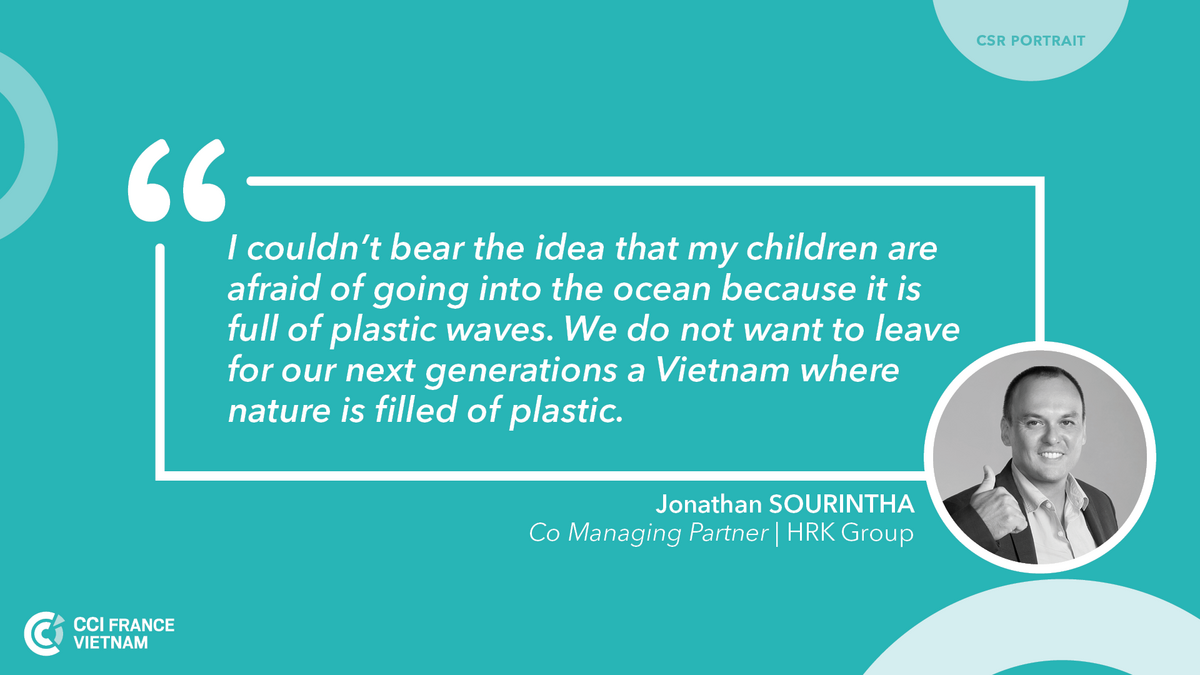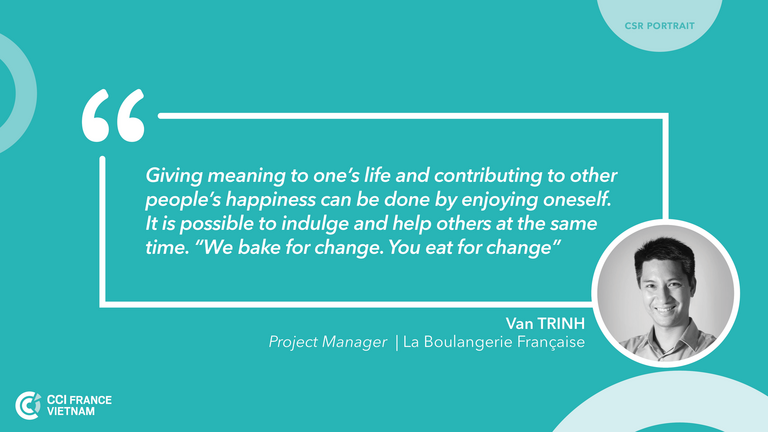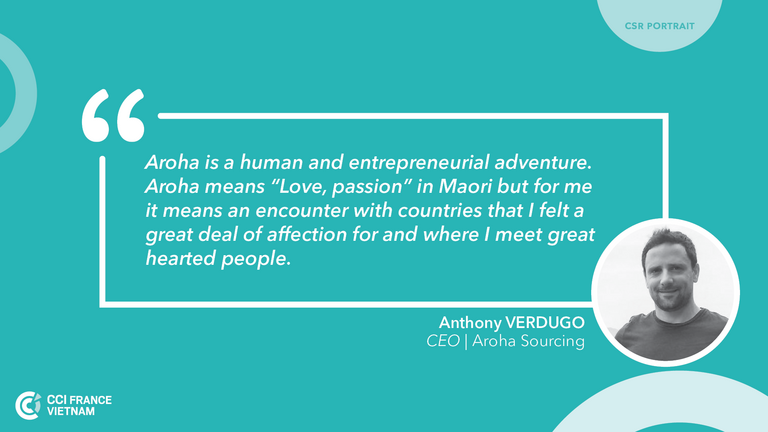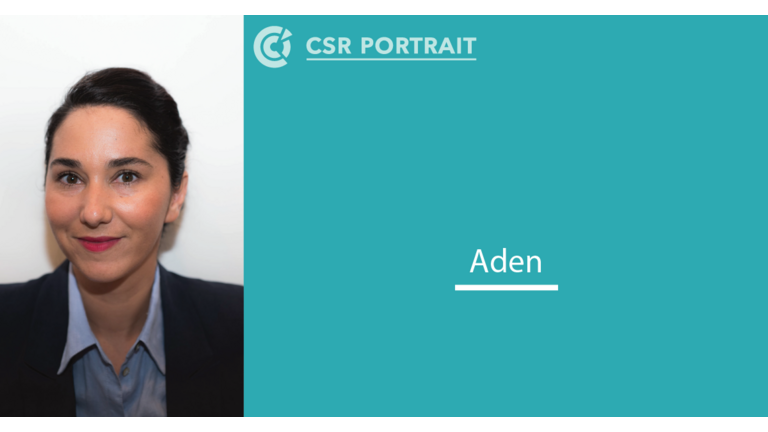Corporate social responsibility
CSR Portrait n°22 : HRK Group

The overconsumption of plastic is one of the main ecological challenges faced by Vietnam. Plastic packaging produces 150 million tons of waste each year worldwide whereby only 5% is recycled. The rest is thrown in landfills and as a result ends up in natural areas and in the ocean.
“I couldn’t bear the idea that my children are afraid of going into the ocean because it is full of plastic waves. We do not want to leave for our next generations a Vietnam where nature is filled of plastic.”
- Jonathan Sourintha, Managing Partner of HRK Group.
1 - Can you explain your activity in a few words?
We launched the HRK Group in 2019 with the objective to create an eco-friendly alternative to plastic packaging. Our products prevent pollution by being biodegradable, compostable or/and water soluble. The aim of our company is to offer a sustainable solution for a large range of industries, while maintaining the best technical features appreciated by professionals and comfort for the end users.
2 - Did you ever set up a CSR project, either on environmental or social issues, in your company in Vietnam?
We developed three alternatives to single use plastic packaging that are all labeled without chemicals or micro-plastic and that is safe for the environment. The main materials of the packaging are produced in Vietnam. It is this unique solution based in Vietnam that complies with European standards.
- iBAG Bio is 30% biobased and 100% biodegradable, it degrades in less than 3 years in landfill.
- iBAG Compo is 0% plastic, 100% biodegradable and compostable, it degrades in home compost in 3 to 6 months.
- iBAG Aqua, our latest innovation, an exclusive technology of HRK in Vietnam. This water-soluble polymer enables the production of an environmentally friendly packaging that is edible for animals. It is 100% biodegradable, compostable and recyclable. A revolution for the packaging industry.
In the company’s workplace we also have strong CSR measures.
- For the social aspect of our CSR practices, our company’s strongly implements an equity and equality commitment regarding gender, age, origin, and religion. Additionally, we promote and ensure that all our team participates in company decisions.
- For the environmental side, there is a “no waste” policy both in the production line and in the company’s workspace itself. We use a closed water circuit, and we promote ecological habits in the office, especially during lunch where a lot of waste can be avoided.
It is very important for us that our employees adhere to the company's culture. Therefore, we also provide CSR workshops, and we regularly participate in sustainable actions (like clean ups or green forums).
Did you know?
A product is defined biodegradable when it can be decomposed by biological organisms in a favorable environment. However, there are some plastics that are legally classified as biodegradable because they become invisible to the human eye. This is the case in Vietnam for the oxo-degradable plastic that is used in packaging, storage containers or grocery bags for instance. In the decomposition phase, this plastic fragments into tiny pieces. The microplastics end up in the oceans and on land where they are eaten by animals (and therefore by humans as well).
So, why is this plastic used? Because the production cost is very low as it is 99% plastic and 1% OXO additive. However, what is often forgotten is that there is a higher overall cost associated with oxo-degradable plastics as their production requires that action be taken to reprocess and clean up pollution.
Many countries have already banned oxo-degradable plastics and Vietnam might be the next one on the list.
3 - What advice would you share to other companies in Vietnam who want to launch such CSR projects?
-My first advice is to consider investing for the future. It is important not only to look at what you are paying now, but to think about the long-term benefit. By being sustainable and having good practices, in the long run, you will answer your clients demands and engrave your brand’s image.
Furthermore, believing in what is just and not being scared to be the first one to do it shows leadership and ambition to work for more than just profit.
My last advice is to involve your employees as much as possible in the company’s culture and activities. They are your best advocates if they are convinced by the company's project.


